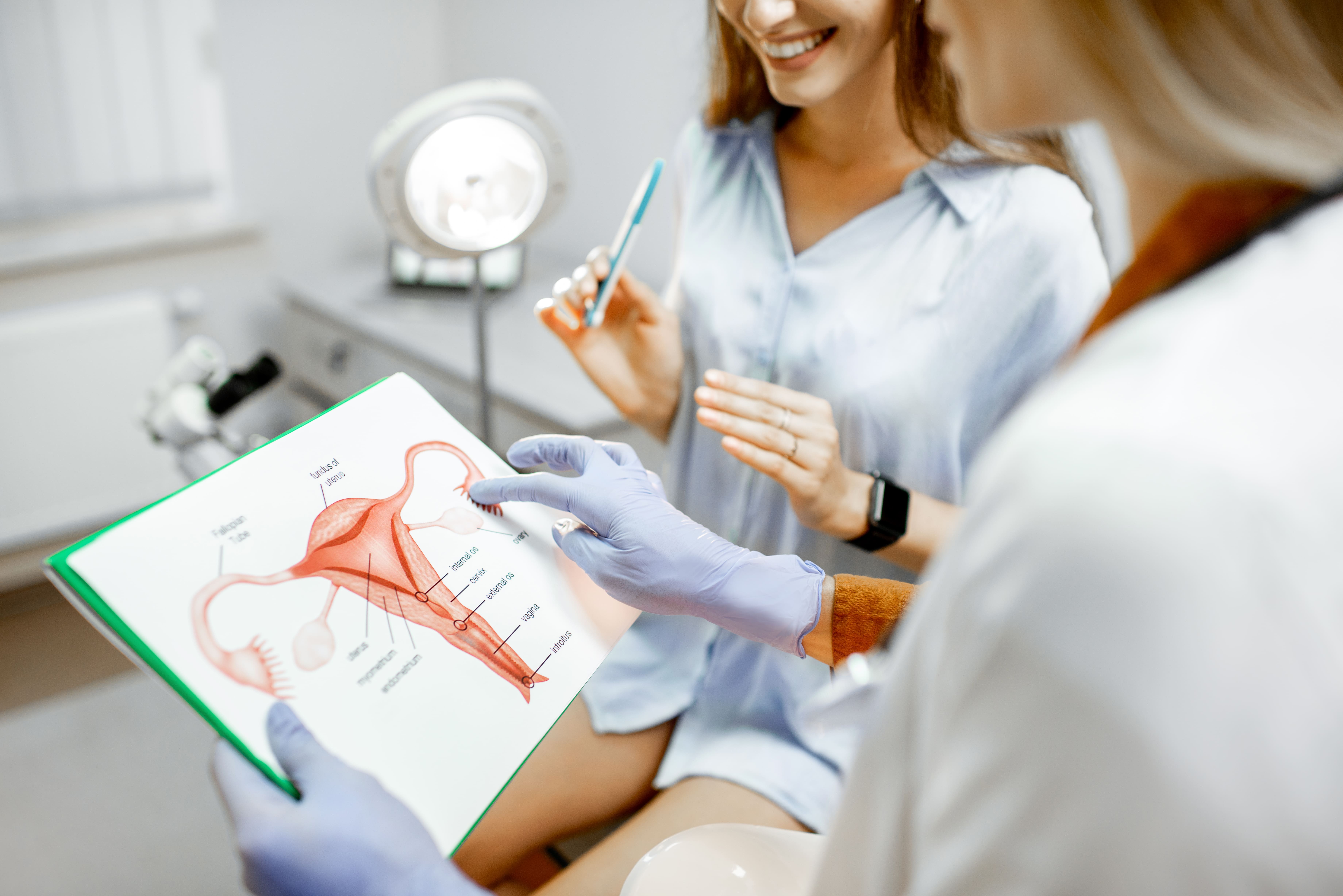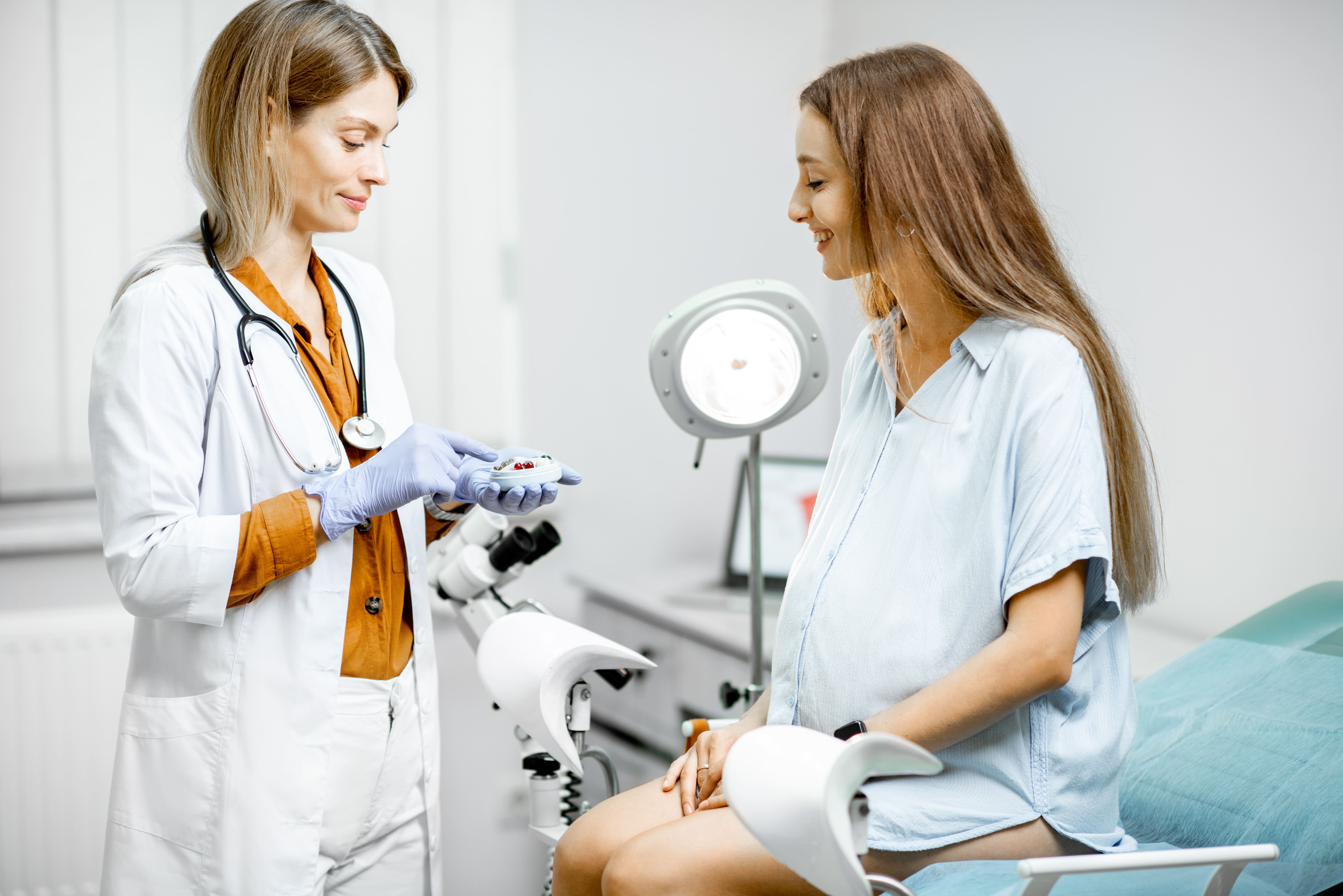18/06/2025

Egg Freezing: A Gift to Your Future Self
There’s a moment in life when you realize that time isn’t waiting. You’re thriving—building your career, chasing dreams, exploring the world—but in the quiet corners of your mind, a thought lingers: What about my future family?
If you’re reading this, chances are you’ve whispered the same worries into a late-night search bar:
- best age to freeze eggs
- egg freezing cost
- egg freezing success rates
You’re not alone. Every month, tens of thousands of women around the world type in those exact phrases, hoping for clarity and a little comfort. This article is my attempt to give you both.
For many women, egg freezing is more than just a medical procedure—it’s an act of self-care, an investment in possibility, a gift of hope for tomorrow. Whether you’re not ready for motherhood yet, navigating fertility challenges, or simply want to keep your options open, this life-changing technology is giving women the freedom to shape their futures on their own terms.
What Is Egg Freezing — and Why Does It Feel So Deeply Personal?
Egg freezing, or oocyte cryopreservation, isn’t just a medical procedure — it’s a deeply personal decision wrapped in hope, uncertainty, and empowerment. For many women, it’s a way to take back control over a timeline that rarely cooperates with life. Maybe you're focused on building your career, waiting to find the right partner, or facing a medical challenge like endometriosis or chemotherapy. Whatever your reason, egg freezing can offer something invaluable: peace of mind.
Life doesn’t follow a script. Fertility can feel like a ticking clock, especially if you've heard words like “low AMH” or “diminished ovarian reserve” in a doctor’s office. But freezing your eggs gives you options — a way to say, “Not now, but maybe later.” Because sometimes, the most powerful thing you can do is give your future self a choice.
How Does Eggs Freezing Work?
The process of freezing your eggs starts with a visit to a fertility specialist, who’ll walk you through the process.
1. TESTING AND ASSESSMENTS
You’ll start with a consultation with a physician, typically a reproductive endocrinology fertility specialist. Through blood tests, they’ll assess the number of eggs you have (known as your ovarian reserve). They may order an ultrasound to count follicles. This helps determine how many eggs you're likely to retrieve.
2. OVARIAN STIMULATION & MONITORING
You’ll start a series of hormone injections or hormonal medications that stimulate your ovaries and encourage multiple eggs to mature. During follow-up visits, your care providers will monitor the ovaries and eggs development through ultrasound. This part requires multiple doctor’s visits and can be emotional, especially if your body responds slower than expected — but you're not alone.
3. EGG RETRIEVAL
Your eggs are collected during a one-time, outpatient procedure that takes about 15 to 20 minutes. The procedure is done under anesthesia, so it isn’t painful, and you can go home the same day. An ultrasound is used to see the ovary, and a tiny needle — the same kind used to draw blood — is inserted into your ovary to safely withdraw the eggs.
4. FREEZING (VITRIFICATION)
Your collected eggs are then flash-frozen in a process called vitrification, which ensures that no ice crystals form on them and helps preserve the eggs’ integrity for years — even decades.

The Hard Truth: Egg Freezing Success Rates & Age Matters
"Will This Actually Work for Me?" This is the most common (and fair) question.
The truth? Success depends on many factors, especially your age at the time of freezing and the number of mature eggs retrieved.
- Women under 35 who freeze 10–20 mature eggs have a 70–90% chance of at least one live birth later.
- Women over 38 may need to freeze more eggs to achieve similar odds, as egg quality and quantity decline with age.
- Women under 35 who freeze 10–20 mature eggs have a 70–90% chance of at least one live birth later.
- Women over 38 may need to freeze more eggs to achieve similar odds, as egg quality and quantity decline with age.
But here’s what’s empowering: freezing eggs does not guarantee a baby — but it gives you a chance you wouldn’t otherwise have in the future. And that chance can be everything.
How long does the process take?
After you’ve met with your fertility specialist and undergone the requisite tests, the egg-freezing process itself — from hormone stimulation to egg retrieval — takes only a couple of weeks. That’s good news if you’re in a hurry based on your medical timeline.
The beauty of this process is that it can be performed at a very quick pace for patients who need it. If you have cancer, for example, and your oncologist wants to start chemotherapy soon, you can freeze your eggs in as little as two weeks. We’re talking eight to 14 days from the time you start the medication to the time your eggs are out of the ovaries and into the laboratory for freezing.
How Many Eggs Should You Freeze? The Honest Answer
Let’s cut to the chase: There’s no magic number. While it might sound ideal to freeze as many eggs as possible, the actual number depends on factors like your age, ovarian reserve, and overall health. On average, one egg retrieval cycle yields about 10 to 12 eggs.
But here’s the catch: not all eggs survive the freezing and thawing process. Of those that do, some may not fertilize, and even fewer may lead to a successful pregnancy. To improve your chances, many patients choose to undergo multiple egg retrieval cycles to build a larger reserve. The more high-quality eggs you have in storage, the better your chances of a future pregnancy — especially if you're freezing your eggs in your 30s or later.
What happens when it’s time to use your eggs?
If you want to use your eggs later, they’ll be thawed and then fertilized with sperm from your partner or a donor to create an embryo, which develops in a lab for five or six days. The embryo is implanted into your uterus during a minor procedure that feels like a Pap smear. Your doctor will insert a speculum through your vagina and, under ultrasound guidance, use a flexible, hollow catheter to transfer the embryo into your uterus for potential pregnancy.
How much does freezing your eggs cost?
The cost of egg freezing can vary significantly depending on the country, clinic, and what’s included in the package. In Europe, the cost of egg freezing typically ranges from €2,500 to €5,000 per cycle, depending on the country, clinic, and whether medication and storage are included in the package. Some clinics offer bundled pricing, while others may charge separately for ovarian stimulation drugs or annual storage fees. Compared to the United States, where total costs can exceed $15,000 per cycle, Europe is often seen as a more accessible and affordable option for high-quality fertility care.
Want to explore egg freezing prices at verified Bookadok partner clinics?
Check available options and pricing here.
How long can eggs stay frozen?
Technically, eggs can be frozen indefinitely without a decline in quality, thanks to vitrification. The freezing process halts all biological activity, so the eggs don’t “age” while stored.
Frozen eggs and embryos are essentially viable forever, but most people use their frozen eggs within three to 10 years’ time, and there should be no worries whatsoever about keeping the eggs safely frozen within that timeframe.
However, how long you can keep them frozen depends on local regulations and clinic policies, so be sure to check with your fertility clinic about the legal and logistical guidelines that apply to you.
If you don’t end up using your eggs (like if you get pregnant on your own or decide you don’t want to have children), they can be discarded, or donated to research or to another couple.
Final Thoughts: It's Not Just a Medical Choice — It’s an Emotional One
Egg freezing isn’t just about biology. It’s about peace of mind. About giving yourself time, options, and maybe even a little breathing room in a world that tells us to rush. You’re not being indecisive — you’re being proactive. And you’re not alone. Thousands of women around the world are taking control of their fertility through egg freezing — and writing their own timelines.
Thinking about egg freezing?
We’re here to guide you every step of the way — from your first consultation to choosing a clinic that feels right for you.
Let’s talk. No pressure. Just answers.
START YOUR EGG FREEZING CONSULTATION WITH BOOKADOK





